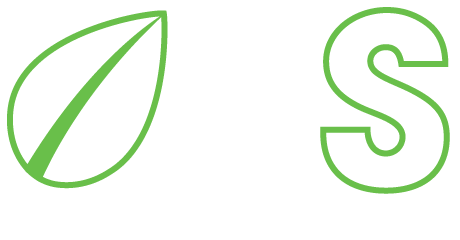HCi Factsheet – medical privacy
Making health insurance easy!
Medical privacy and dependants
15 September 2025
HCi memberships (or policies) are created for a member. The member can add dependants for a couple or family policy. However, the member has full control over the membership.
Read this factsheet for information on medical privacy, medical capacity and available OMS claims information.
HCi members
This means that the member
- has authority to add or remove further dependants
- is responsible for premium payments
- can submit claims for everyone listed on the membership
- has log in details for OMS and therefore can see
- the full claims history for the membership
- the remaining limits for services claimed within a calendar year.

A member can give access to an authorised person to carry out many administrative tasks. A legal power of attorney may also allow someone else to manage the membership.
What can dependants do?
Generally, a dependant can submit a claim via a claim form.
Due to the MFA requirements, dependants generally cannot use the member log in details to access the policy in OMS. For security, we do not recommend sharing of log in details.
Who can see previous claims?
In OMS, the claims history shows all claims paid or pending payment by HCi. The member can see a list of all claims or filter it to just see claims made for a specific person.
Each claim in the history shows the cost and type of service (eg dental, optical or pharmacy), as well as the service and claim paid dates and the provider name. It does not show specific services or products claimed. For example, a claim may show a pharmacy purchase on 1 December 2025 for a claim paid on 5 December, but not indicate it was for a Shingles vaccine or an insulin prescription.
What about medical privacy for dependants?
Any dependant aged 18 or older may request a medical privacy block on their claims.
A privacy block means that any claims relating to that person are blocked from view in OMS. These claims also will not be discussed with the member or other dependants by HCi staff in phone calls or visits.
Thus, seeing any limits for that dependant are also blocked.
For dependants under 18, it is generally accepted that the parent(s) have medical control for the child. Thus parents have full access to claims information. However, if a child is noted as having medical capacity they may be able to ask for medical privacy on their HCi claims information.
What is medical capacity?
At a certain point, a child may be considered mature enough to manage their own medical affairs. A child is considered a mature minor when they can understand health information and its consequences, and their rights for confidentiality. The child is then said to have medical capacity. Note there is no specific age for capacity, but it generally occurs when a child is 14-16.
From that time, the child may be able to ask HCi for a privacy block. For us to accept the request, we need written notification from the child’s GP or other medical specialist that the child has reached medical capacity.
Once granted, a child’s privacy block works the same as for anyone over 18.
Member access after a privacy block
The member usually cannot override this block without the written permission of the relevant dependant.
Once a block is in place, the member can still see that the dependant is on the policy and their join date.
Of course, the member can choose to remove the dependant from the policy. However, this risks the child not being covered any longer.
HCi used its best endeavours to ensure this information was accurate at the time of publication. From time to time, circumstances relating to the subject matter may change which may impact the accuracy of the information. This information is also general in nature and does not take into account any specific health or financial situation. Before making any decisions in relation to this information, you should consider your own financial and health situation and seek professional advice. Health Care Insurance Ltd ABN 43 009 579 088. A Registered Private Health Insurer.





